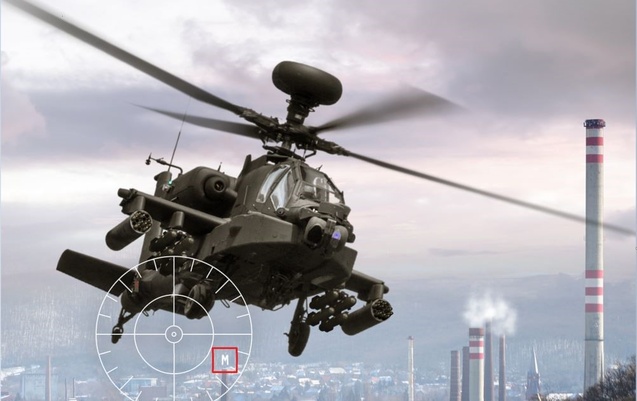Next-Generation Missile Warning System (MWS) from BAE Systems
BAE Systems received $179 million in total awards from the US Army as part of the Limited Interim Missile Warning System (LIMWS) Quick Reaction Capability (QRC) programme. This award includes orders for the first two production lots and funding to enable fielding of the next-generation Missile Warning System (MWS). The MWS provides aircrews with advanced threat detection capabilities, improving survivability and mission effectiveness in contested environments.
“Threats are evolving and proliferating at a rapid pace and our aircrews who fly into harm’s way need the most advanced protection systems available,” said Chris Austin, director of Threat Detection Solutions at BAE Systems. “These orders follow an intensive two-year development and qualification programme, made possible by a strong industry-government partnership focused on achieving an aggressive schedule.”
The foundation of LIMWS is BAE Systems’ 2-Color Advanced Warning System (2CAWS) processor which will allow the Army to outpace the threat. 2CAWS builds upon BAE Systems’ experience in fielding systems for the complex rotary-wing environment. Optimised for size, weight, and power, 2CAWS features an open system processor, two-color infrared sensors for increased range, and a fiber optic A-kit for faster data transmission. The system processor serves as the high-bandwidth digital backbone of the system and houses advanced machine learning missile warning algorithms specifically designed for complex, high-clutter environments and rapid threat updates. LIMWS is compatible with existing US Army aircraft survivability equipment, including pilot interfaces and countermeasure systems, allowing for accelerated installation and integration timelines.
The awards will continue the fielding of LIMWS systems in support of critical US Army requirements. It follows a December 2017 development contract and an initial production order in May 2018. 2CAWS builds on the company’s experience delivering combat-proven aircraft survivability equipment to the US and allied armed forces, and its experience executing critical QRC programs. The company’s Common Missile Warning System is currently fielded on thousands of US Army platforms and has saved dozens of aircraft and their crews since it was first fielded in 2005. –shp/mgm


